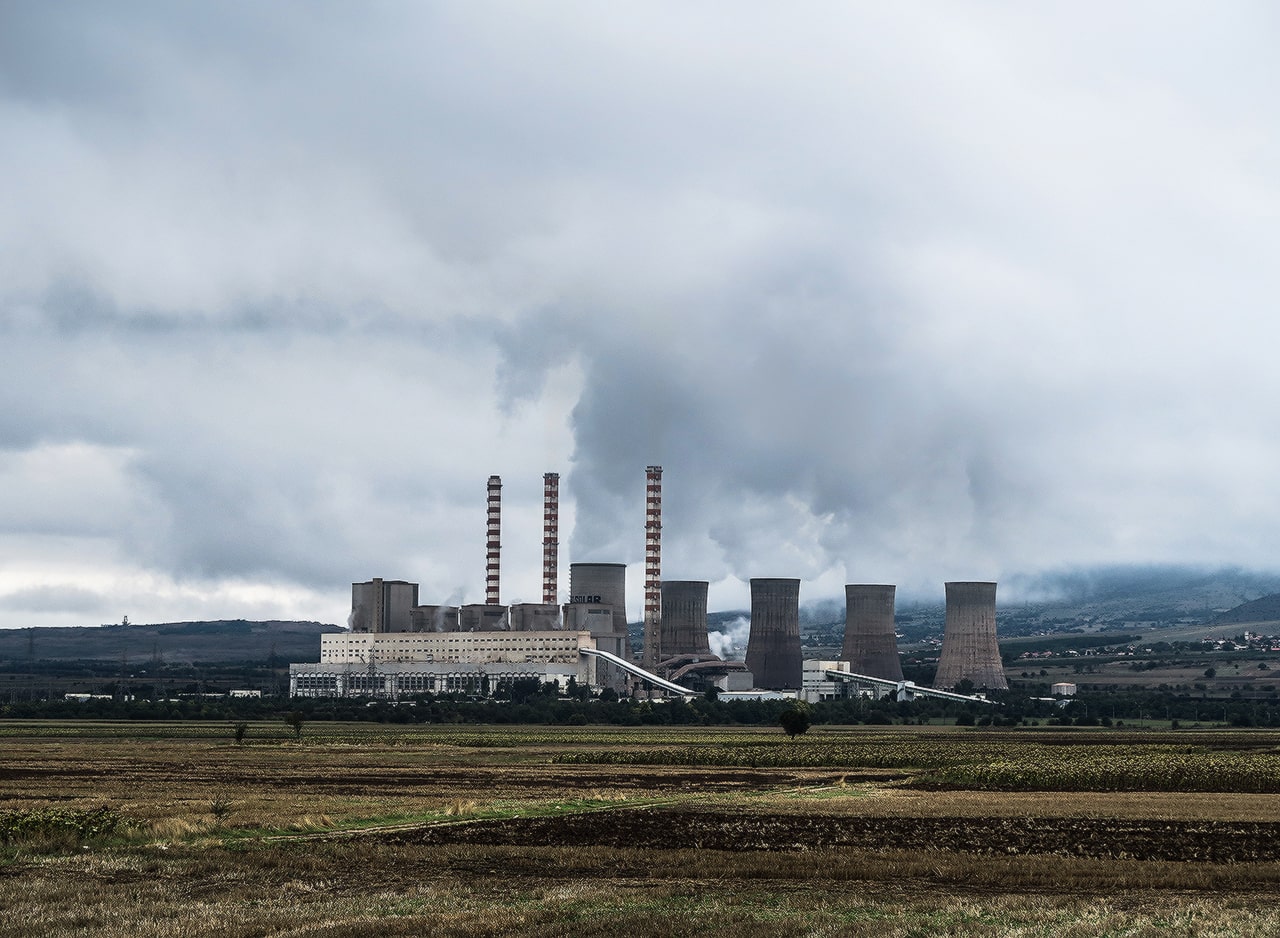
The world has a crippling dependence on fossil fuels and this dependence on coal, oil and natural gas is one of the largest causes to arguably the biggest problem facing earth today: climate change. It leads to problems such as sea level rise, desertification, and stronger or unpredictable weather events. But just what are they? And why do we depend so much on them?
Get to Know: Fossil Fuels Fossil fuels are biological materials containing hydrocarbon, which can be burned and used as a source of energy. They’re found in the Earth’s crust, so we have to drill into the earth to extract them.
Fossil fuels developed billions of years ago, when dead organic matter became buried at the bottom of the sea and altered as a result of anaerobic digestion. Oil deposits in the North Sea are around 150 million years old, while much of Britain’s coal began to form over 300 million years ago.
While we probably used fossil fuels as far back as the Iron Age, it wasn’t until the Industrial Revolution that wide-scale extraction started. It completely transformed the way humanity lived and worked, allowing us to power our homes, businesses and machines with coal, oil and gas. And in the very short period of time since then – just over 200 years – we’ve consumed an incredible amount of them, leaving fossil fuels all but gone and the climate seriously impacted.
Fossil fuel’s abundance and ease of use make it an inexpensive fuel resource, particularly for developing nations that don’t yet have fancy industrial refineries. While there are some benefits to fossil fuel production, the adverse effects on the environment and overall public health far outweigh them.
Fossil Fuels didn't come without their Devastating Consequences
We only have a finite supply of fossil fuels. The amount we use now simply isn’t
sustainable, and the problem is getting
worse as the global population increases. The limited resources in the ground aren’t
even the biggest problem – there are
plenty of downsides to plundering the earth for coal, gas and oil:
-
Carbon Emissions
Global carbon emissions from fossil fuels accounts for 90% of all emissions from human activity. They keep increasing and global temperatures are rising. -
Air Pollution
The burning of fossil fuels releases carbon dioxide and other greenhouse gases into the atmosphere, which pollutes the air we breathe. Air pollution in cities has been linked to an increase in respiratory diseases, like asthma, particularly in young children and the elderly, along with shortened life expectancy. -
Ocean Pollution
Carbon dioxide dissolves into the sea, causing acidification which affects the life cycles of marine organisms. Our oceans absorb heat created from fossil fuel emissions, causing temperatures to rise and coral reefs to bleach and die. -
Habitat Destruction
Vast amounts of land are decimated to provide space for drilling wells, pipelines, and processing facilities used in oil and gas drilling operations. Habitat disruption and noise from drilling are some of the biggest threats to wildlife populations across the globe. -
Transporting Fossil Fuels
Aside from the carbon emissions caused by burning fossil fuels, there’s a huge environmental cost to transporting them. Diesel fumes from transportation add to CO2 emissions, oil spills threaten marine life, and flammable natural gas leaks have led to hundreds of human casualties in recent years.
If we have any hope of fighting climate change and protecting the future of our planet, we need to ditch fossil fuels and start investing in renewable sources of energy.